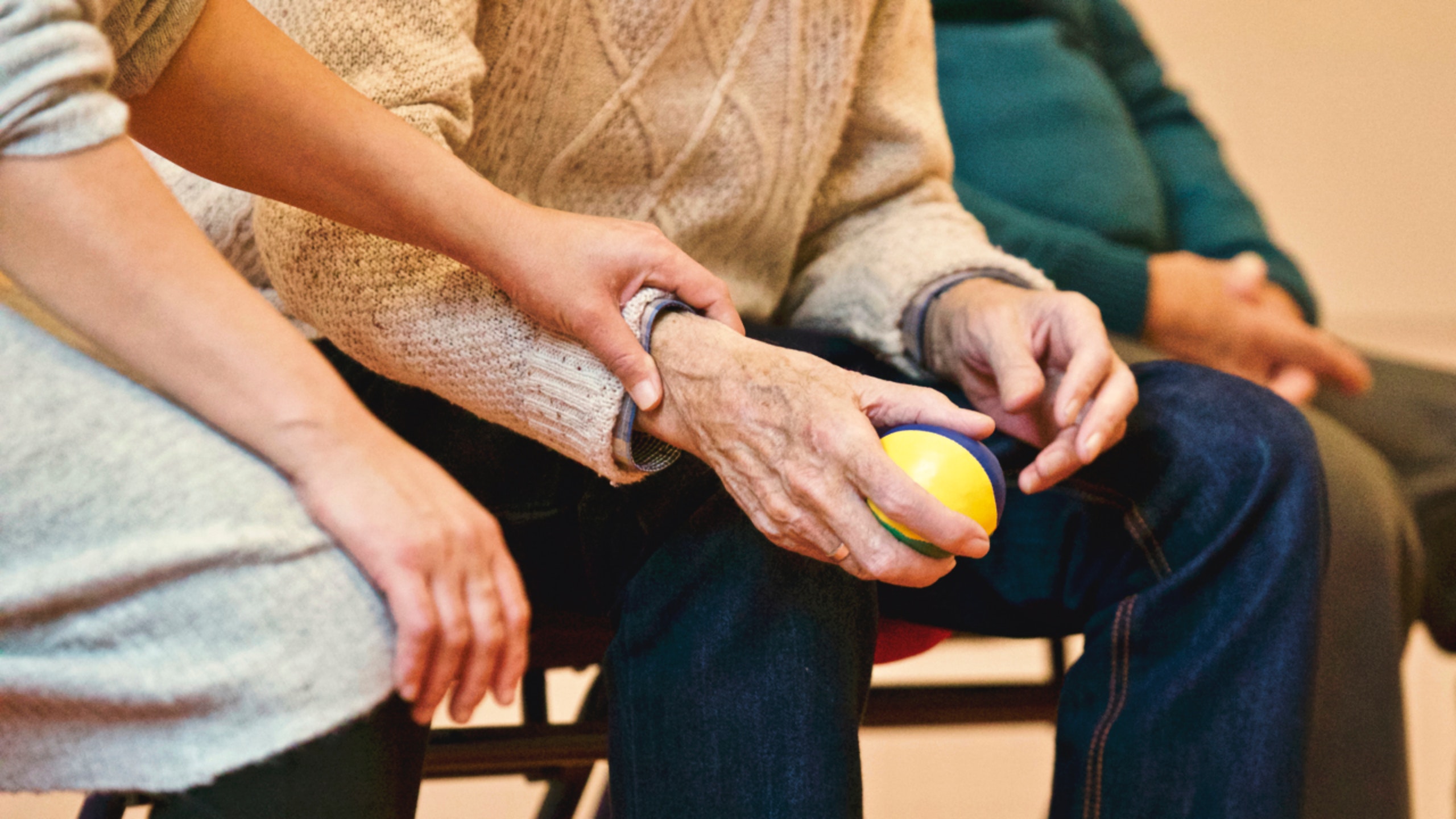By Tara Geraci, Certified Concierge Care Advisor at Concierge Care Advisors
The Benefits of Respite Care: Flexible Solutions for Seniors and Caregivers
I often work with families seeking temporary care for their loved ones, and respite care can be the perfect solution for various situations. Whether a senior needs recovery support, a trial stay, or a temporary care arrangement, respite care offers flexibility, comfort, and peace of mind. Below, I’ll share specific examples that demonstrate how respite care benefits seniors and caregivers alike.
1. Transitioning from Hospital or Skilled Nursing to Home
Many seniors are discharged from the hospital or a skilled nursing facility but are not yet strong enough to return home. In these cases, they transition to an assisted living community or adult family home to receive essential support, including:
- Meals and housekeeping
- Medical assistance and medication management
- Transportation to appointments
- Ongoing physical and occupational therapy
After one or two months, many seniors regain their strength and are ready to live independently again at home. Respite care bridges the gap between hospital discharge and full recovery.
2. Trial Stay: A “Baby Step” Toward Transitioning to Senior Living
Many seniors are resistant to moving into an assisted living facility or adult family home. Respite care offers a low-pressure trial stay—allowing them to experience community life without the commitment.
- No upfront fees are required for respite stays.
- Fully furnished rooms eliminate the need for moving furniture.
This “baby step” approach often helps seniors feel more comfortable with the transition, and many choose to become permanent residents after experiencing the benefits firsthand. It’s a helpful strategy when families encounter resistance and need to get their loved ones to a safe environment.
3. Caregiver Vacation: A Well-Deserved Break
Caregiving is rewarding but physically and emotionally exhausting. Primary caregivers—often spouses—occasionally need time to recharge. Respite care provides a temporary stay for the senior, allowing the caregiver to take a vacation or simply rest and rejuvenate.
During the stay, seniors receive:
- Assistance with daily activities
- Nutritious meals
- Opportunities for socialization
Both the senior and the caregiver benefit—caregivers return refreshed, and seniors enjoy a change of scenery with new experiences.
4. Recovery After a Medical Procedure
When seniors undergo a surgery or medical procedure, they often require short-term assistance during recovery. Respite care provides 24/7 care, ensuring they receive the support they need, such as help with:
- Medication management
- Mobility assistance
- Personal care
Compared to in-home care, respite stays are often more affordable and provide the added benefits of social interaction and community activities during recovery.
5. A Senior Vacation Option: Stay Close to Family with Extra Care
Respite care isn’t just for recovery or trials—it can also be a creative vacation solution for seniors visiting family. One of my clients, Margie, found a brilliant way to use respite care during her summer visit to the Olympia area.
Margie, 88 years old, normally lives independently in Florida but travels annually to visit her son and his family. This time, she opted for a respite stay at a local assisted living community. Here’s why it worked so well:
- She stayed in a fully furnished room and only had to bring her clothes.
- All meals, transportation, and laundry services were included.
- The community offered activities, outings, and plenty of opportunities to socialize.
- The total cost of her stay was much lower than staying in a hotel and paying for meals.
Her assessment was completed in Florida before her arrival, ensuring the move-in process was seamless. It gave Margie the privacy and freedom she desired while allowing her to enjoy quality time with her family. Plus, the stay allowed her to explore future living options as she considered relocating to be closer to her son.
The Versatility of Respite Care
Respite care offers a range of benefits for both seniors and their families. Whether it’s used for recovery, trial stays, caregiver relief, or even vacation planning, respite care provides flexible solutions that support well-being and peace of mind. Respite Care is a way to give caregivers a much needed break, and this is a wonderful thing.
We’re Here to Help
If you or your loved one could benefit from respite care, Concierge Care Advisors is here to help. Contact us today for a free consultation, and let us guide you to the right respite care solution tailored to your needs.

























